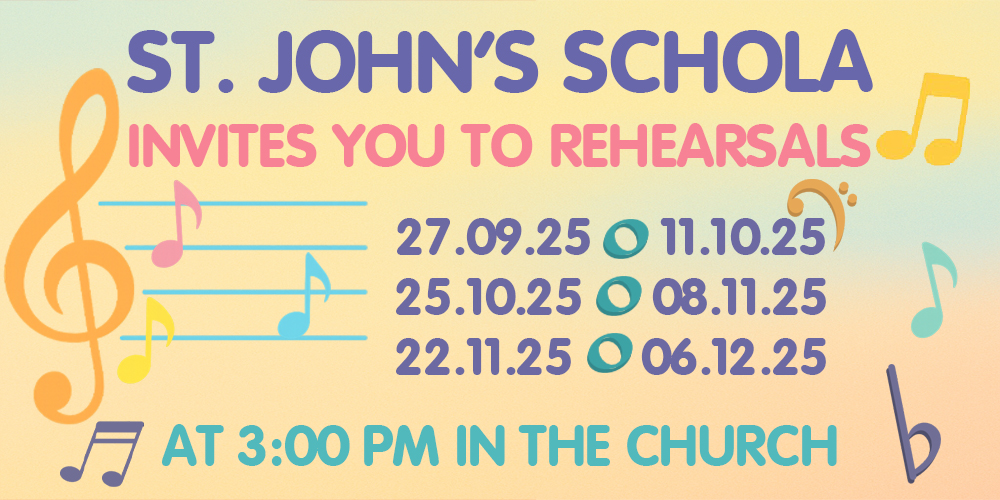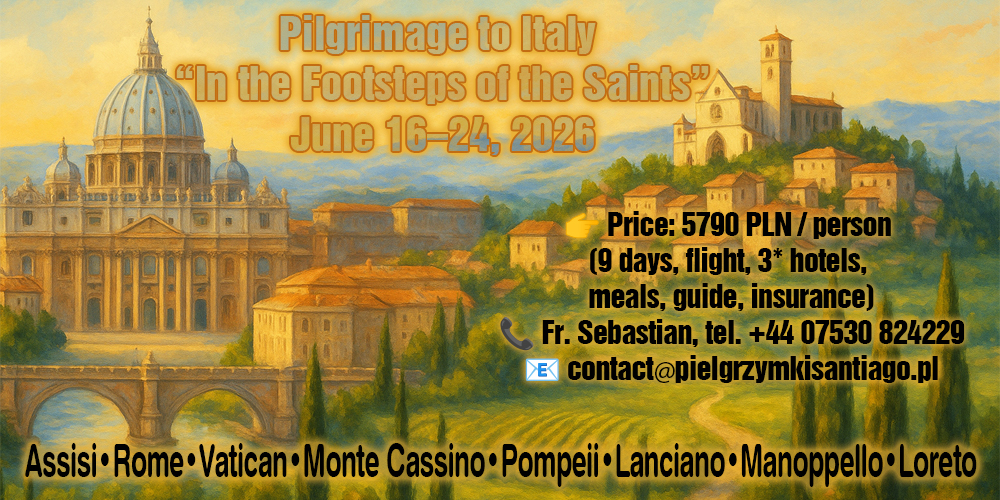Faustina and the Divine Mercy
St. Faustina Kowalska (1905–1938) is best known for her visions of Christ and the spread of the Divine Mercy devotion. Her diary, “Divine Mercy in My Soul,” chronicles her mystical experiences, many of which took place during everyday activities—working in the garden, scrubbing floors, or, indeed, baking bread. The message to “bake some bread” is emblematic: Christ meets us in the ordinary, sanctifying daily life and calling us to serve others in humility and love (Catholic Company).
Bread: Symbol, Miracle, Mission
Bread is woven deeply into the fabric of Christianity. From the manna in the desert to the breaking of bread at Emmaus, it signifies nourishment and communion. When Jesus said, “I am the bread of life,” he promised a spiritual sustenance that transcends physical hunger.
Faustina was not only a mystic—she was also a baker in her convent, performing humble tasks with devotion. In one of her most memorable mystical encounters, Jesus asked her directly to bake bread. This was not about miraculous multiplication or public spectacle, but about hidden service: “Our Lord used this saint to be a messenger of His love in every way, even in the simple act of baking bread for others” (Catholic Company).
Private Revelation vs. Scripture: Catholic Teaching
The Catholic Church distinguishes between “public revelation”—the deposit of faith found in Scripture and Tradition—and “private revelations,” like those experienced by Faustina. Public revelation ended with the death of the last apostle; nothing new can be added. As the Catechism states: “No new public revelation is to be expected before the glorious manifestation of our Lord Jesus Christ” (CCC 66).
Private revelations, such as those to Faustina, do not add to the deposit of faith. They may help the faithful live the Gospel more fully, but are not binding. As theologians explain, “private revelation is outside the deposit of faith and thus the Catholic faithful is not obliged to submit to a particular revelation” (Wikipedia). The Church tests such revelations for consistency with Scripture and the faith.
Protestant Concerns: Sola Scriptura
Many Protestant communities, drawing on passages like Hebrews 1:1-2 and Revelation 22:18-19, hold that God’s supreme and final communication is through Christ, recorded in Scripture. The doctrine of sola Scriptura insists that all doctrine and practice must be grounded in the Bible alone. Thus, claims of new revelations—whether Marian apparitions or mystical voices—are treated with skepticism, and must always be weighed against the sufficiency and completeness of Scripture.
Catholic Balance: Tradition, Scripture, and Discernment
The Catholic approach is both more open and more cautious. The Church recognizes that God can speak personally, but insists that such messages cannot contradict Scripture or the Church’s teachings. Theologians like St. John of the Cross and St. Teresa of Avila warned against the dangers of seeking visions or “extra” revelations, as these can be misleading.
St. Faustina herself was subject to rigorous scrutiny. Her confessor and spiritual director, Blessed Michael Sopoćko, ensured she obeyed Church authority in all things. The Church approved her devotion only after careful examination of her writings and life.
The Bread Anecdote: A Model for Discernment
The story of Faustina baking bread is instructive. Jesus’ request was both concrete and symbolic. It was not about adding to doctrine, but about embodying mercy in daily life. Faustina’s obedience—quiet, practical, and humble—embodied the Gospel far more than any spectacular sign.
A modern parallel is found in anecdotes like that of Sarah Martinez, a young mother who, inspired by Faustina’s story, began baking bread for her neighbors as an act of Christian charity. Initially, her efforts were met with confusion and even resistance. But over time, these simple acts opened doors for conversation and authentic friendship, demonstrating that living the Gospel often means patient, humble acts of service rather than dramatic miracles ([full story above]).
The Eucharist: Living Bread
Faustina’s bread-baking points to the heart of Christian faith: the Eucharist. In her diary, she wrote, “I find myself transformed into bread, to be distributed to souls” (Diary, 1826). Her life became a living echo of Christ’s own words: “This is my body, given for you.”
In the Eucharist, Catholics believe Jesus gives Himself to us as the true Bread of Life. Faustina’s mystical experiences of Jesus in the Host deepened her love for neighbor and inspired her to “become a hostia”—a living sacrifice of love (The Divine Mercy).
Miracles and Humility
While Faustina’s life is marked by miracles and visions, her sanctity was found in obedience and humility. She once wrote, “Proclaim that mercy is the greatest attribute of God. All the works of My hands are crowned with mercy” (Hallow).
Her diary recounts not just supernatural encounters, but also the struggles, doubts, and daily sacrifices that shaped her into a saint. The miracle attributed to her that led to her canonization was not about bread, but about the deeper miracle of conversion and trust in God’s mercy (Saint Faustina).
Practical Wisdom
What does Faustina’s story teach us today? It cautions us against seeking extraordinary signs and reminds us that the surest path is obedience to Christ in Scripture, lived out in love. As Charles Spurgeon put it, “We do not want new revelations; let us turn to the law and to the testimony. There is enough in the Bible to save any man, and to keep him saved too, if he will but read it and believe it.”
Pastors and spiritual directors advise that any private revelation should be tested: Does it lead to greater charity? Does it align with Scripture and Church teaching? Does it foster humility and obedience, rather than pride or division?
Bread Broken, Love Shared
Jesus’ message to Faustina—“Bake some bread”—is less about mystical secrets and more about the daily call to mercy. In a world hungry for meaning, the true miracle is found in humble service, Eucharistic love, and steadfast fidelity to Christ’s word.
As we knead dough and break bread, we remember: the kitchen, like the altar, is a place of encounter with the living God. And in every act of love, no matter how small, Christ is truly present.




















